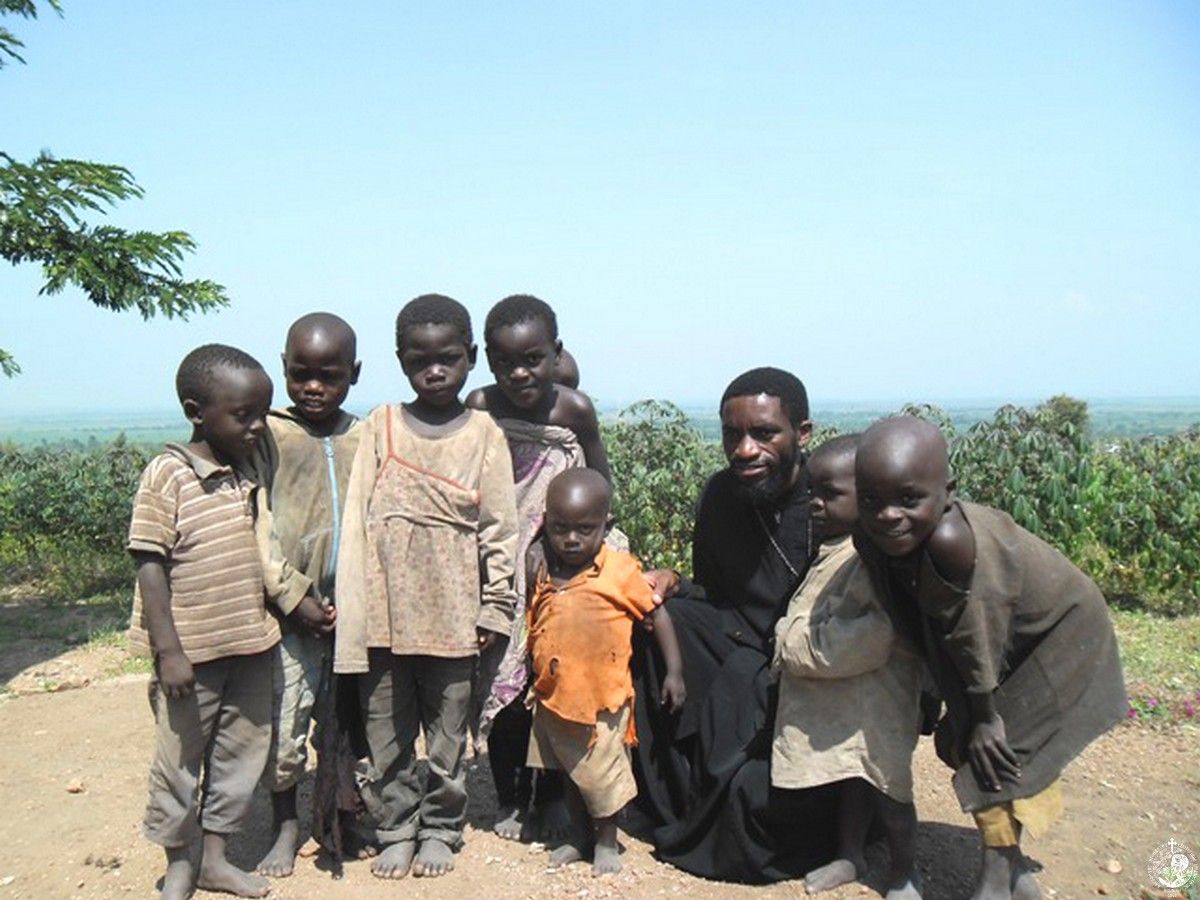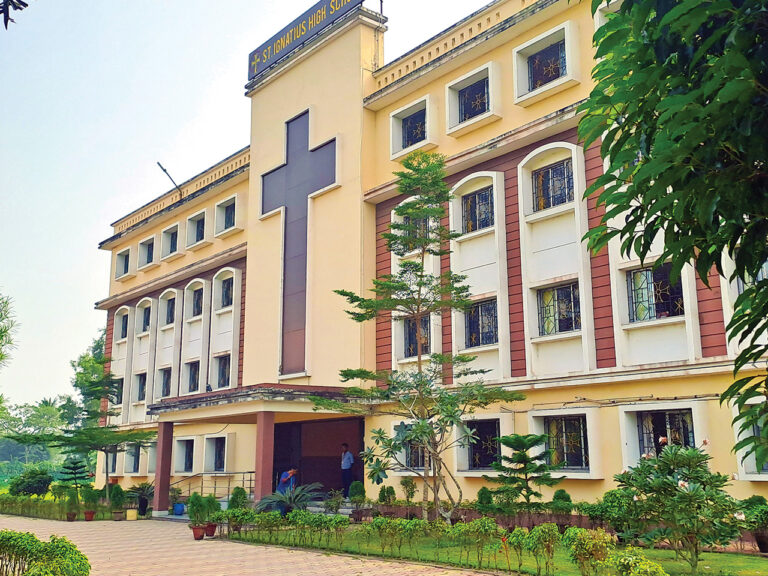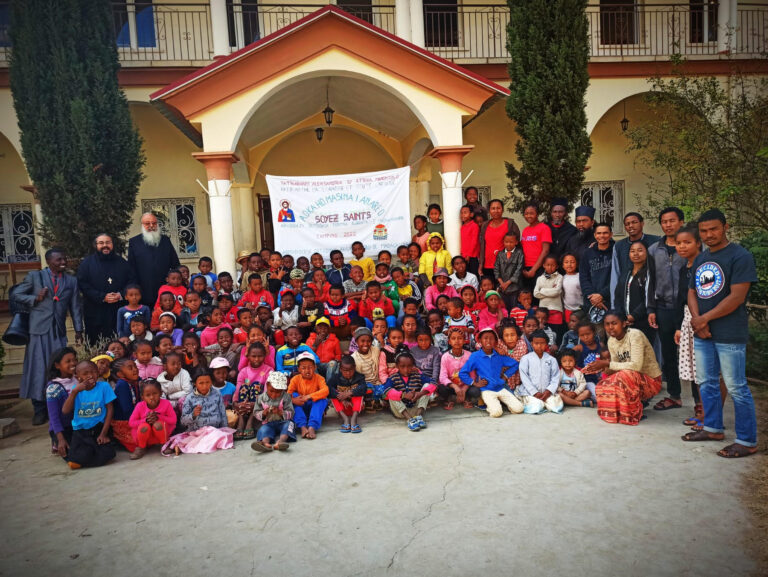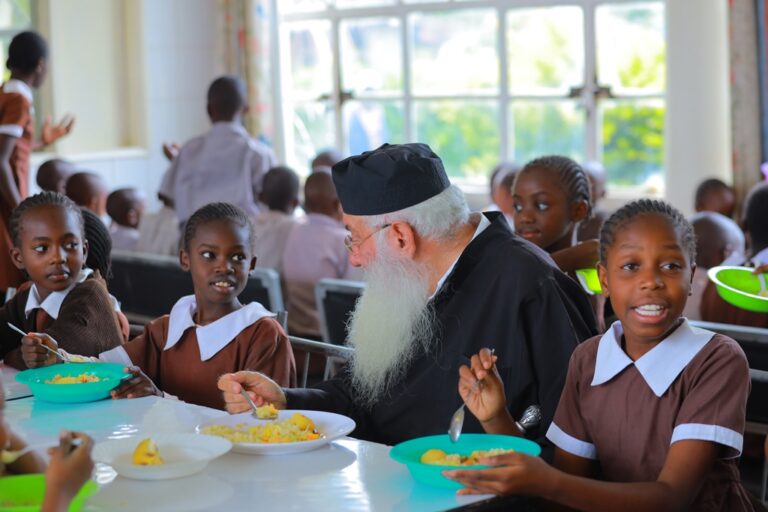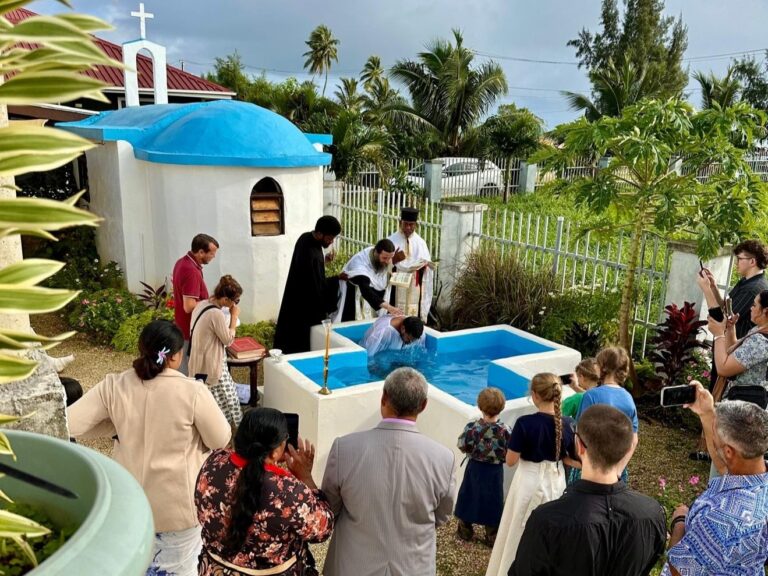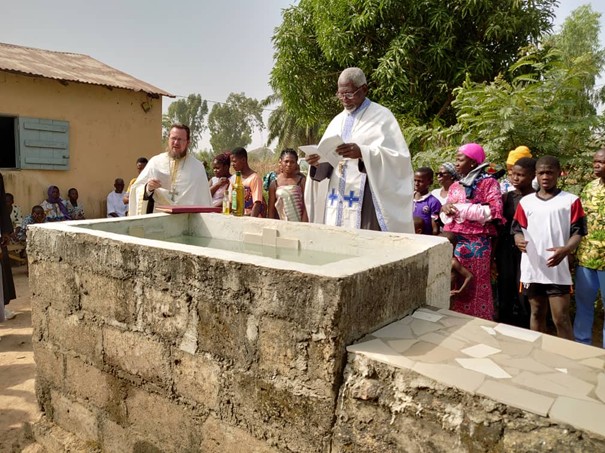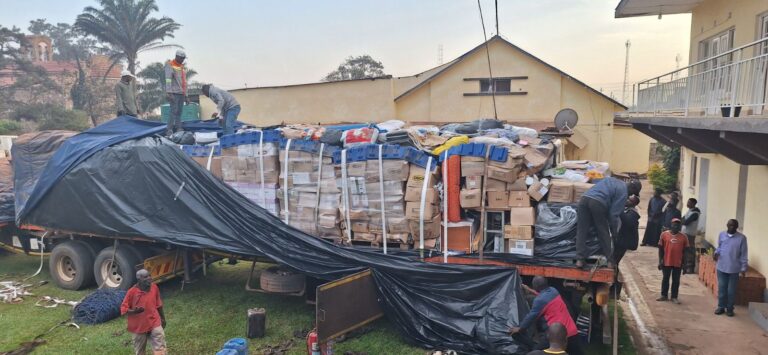Burundi: Twilight of war, dawn of peace
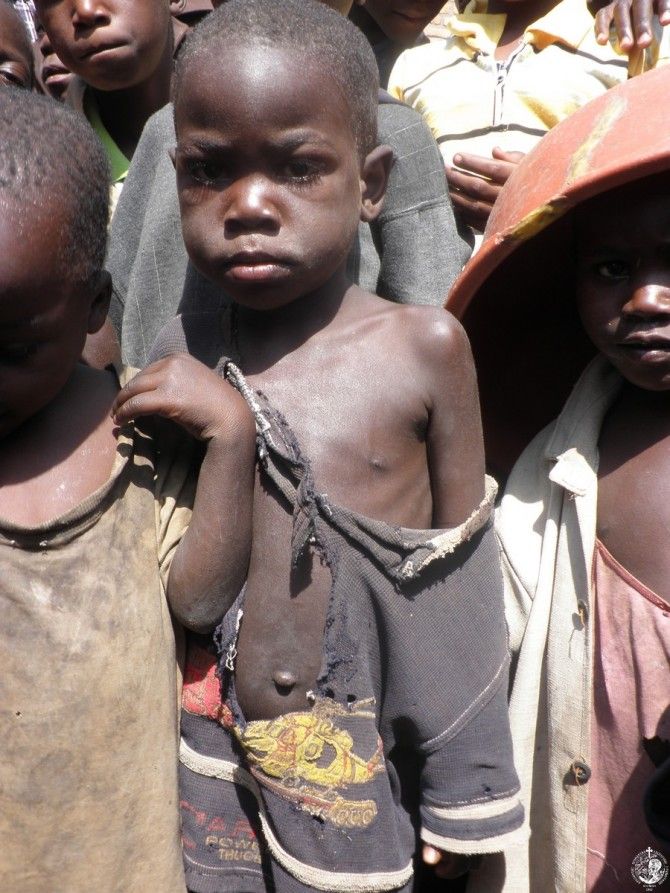
Burundi, Rwanda: two neighbouring countries in central-east Africa, which since 1884 have shared a common course, being German colonies until 1916 and Belgian colonies until 1962. Their rendezvous with history was in 1990, when hatred between the two dominant tribes, Tutsi and Hutu, led to the most inhumane civil war in Africa, culminating in a genocide unlike any other in history, at least as far as I am aware. The fratricidal war ended, leaving behind two bloody countries, about a million dead, thousands of amputees, thousands of refugees, who saw from one moment to the next what they had and did not have disappear, thousands of orphans, wandering aimlessly in the streets and even looking in the garbage to find something to eat to fool their hunger. Little by little, the refugees return and try to forget and start a new life, which will not be easy at all. In this effort, we stand by them and we too, with the meagre means at our disposal, try to support them and strengthen them mentally and spiritually, so that they do not lose their hope and their faith. They are people who are deprived of everything, deprived of what we take for granted: food, water, medical and pharmaceutical care, school, love… Therefore, they are also underweight, especially children. A candy, a pencil, a smile, a little hug, an acceptance makes them happy. Our material help in these troubled times is small, but they understand our concern, our sympathy, our love, of which the perfect example is the benefactor of the whole world, God, whom they wish, from the depths of their hearts, to know.
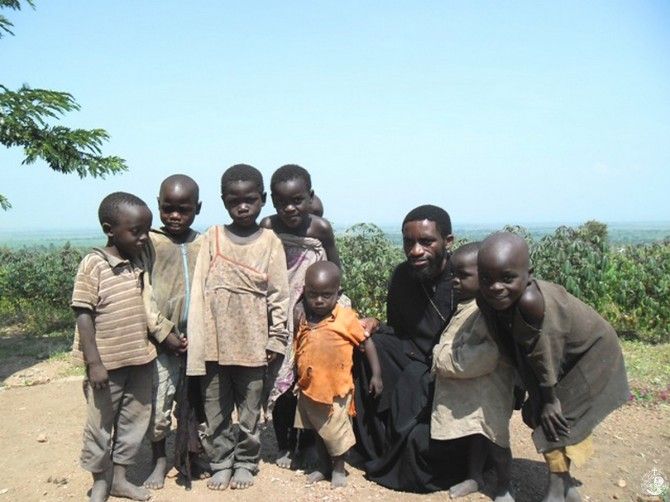
The Orthodox in Burundi number about three thousand, the Greeks are only thirty. In Rwanda, Greek families can be counted on the fingers of one hand and are not organized into a community. The full complement of the Orthodox Church of Rwanda is made up of a few Russian families, admittedly very pious. I have visited them a few times; in fact, the last time, on 15 and 16 June, they asked me to give the Eucharist in the house of one of the families, and the next day they confessed and shared, after many years, the Blessed Sacrament, in a service we celebrated in the courtyard of the house, since there is no Orthodox Church. The church, which has begun to be built, is unfinished. There two priests, of the “Anglican-Orthodox” Church (as they call their church), persistently asked to see me and expressed to me their desire and that of the faithful (2,000) to join the Orthodox Church. As far as Burundi is concerned, the situation is as follows. In Bujumbura, the capital of Burundi, there is the Church of the Assumption of the Virgin Mary, built with money from the Greek Community in 1955, which is in urgent need of maintenance. It is a magnificent church, which formerly met the worship needs of the faithful of the whole of central Africa. There is also the church of St. Arsenios in the industrial area of Buzubura. Within the same plot of land, there are buildings in which we aspire to house computer schools, technical and vocational high schools, as well as seminaries for those who want to be ordained. At present, however, it is not possible to operate them because of legal obstacles relating to the ownership of the land. The Church of St. Demetrios is almost unfinished, while the buildings, intended for a polyclinic and medical center, also run up against state law, which prohibits the presence of patients in the churchyard. I want to assure you that we are making efforts to overcome these obstacles, so that both the wishes of the donors, who have provided money from their own savings, and the people can be helped and enjoy a better quality of life can be met. Finally, in the province of Buramata on the border, there is a community of Orthodox Christians, made up of war refugees who have returned to their homeland.
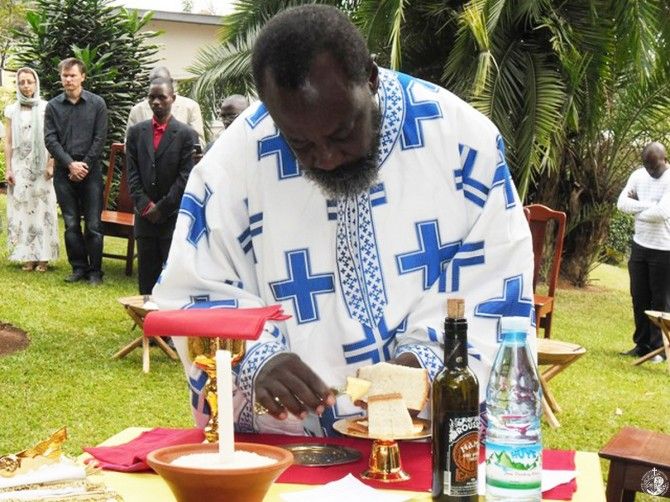
The church of Saints Alexius and the Twelve Apostles is unfinished, the school is not able to accommodate 600 students, four more classrooms are needed for which I was asked $100,000. A few days ago, I spoke to another contractor who assured me that he could fix them for $60,000. The sums are large, but apart from the fact that the economies of these countries are devastated by the war, they produce nothing and import everything from Kenya and other nearby countries, so prices are inflated. This is, in general, the situation in our Diocese. We would like to believe that, as in the past, you will show your love in practice to these creatures of God, the one Creator and Father. With my love in Christ,
Burundi and Rwanda Innocentius

